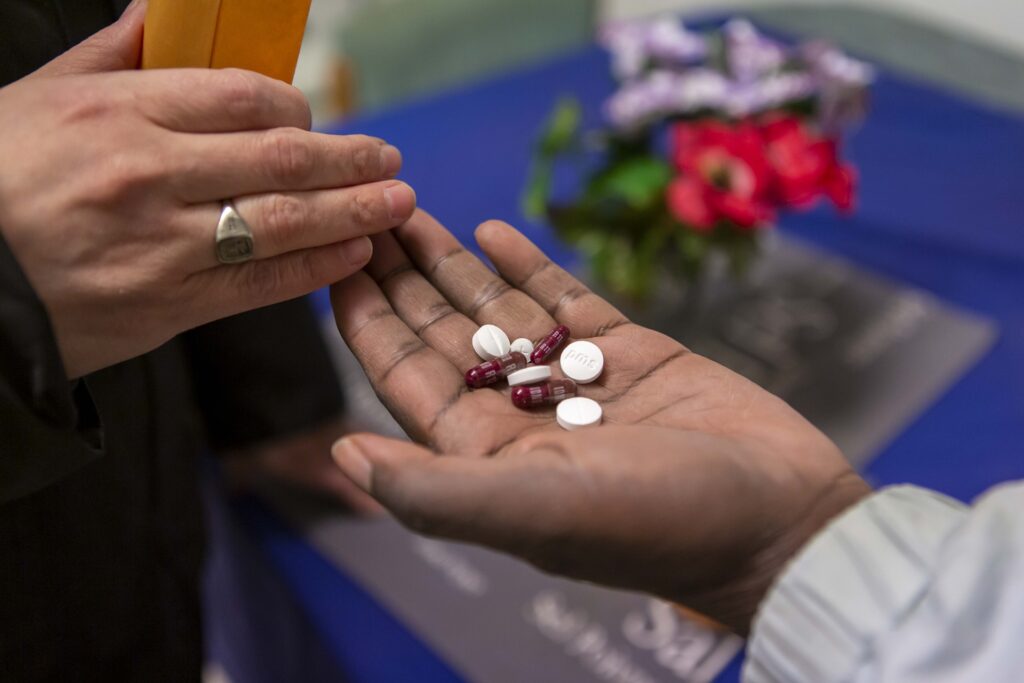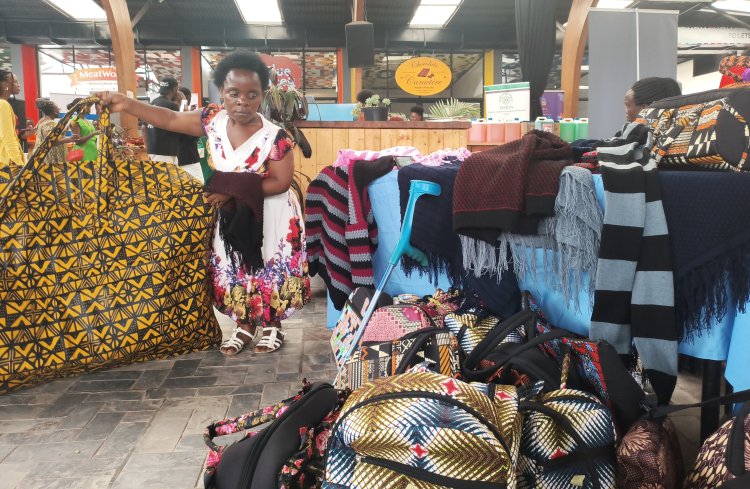If falsified medications were classified as an infectious disease, they would rival malaria in lethality, claiming nearly half a million lives in Africa annually.
Falsified medicines are fake drugs that are designed to mimic real ones. They may contain no active ingredient – the component of a drug that gives it the ability to cure ailments or condition it’s designed to treat.
Others have the wrong active ingredient, or the wrong amount of the correct active ingredient, and some even contain fatal levels of toxic chemicals.
Due to rising medicine demand and incompetent regulatory systems to guarantee safe and affordable access in Africa, the market for fake drugs is flourishing, but African innovators are stepping up to tackle the issue.
Suppple Plc, a London-Cape Town-based information technology and artificial intelligence company is one of many in this space. It unveiled a new app dubbed Verified by GS1 designed to assist regulators and consumers in identifying fake goods, including medicines.
According to Eldrid Jordaan, the company CEO, the app was co-developed with GS1, the international standards organization which, he says, brought the barcode accessible to consumers.
“GS1 maintains data registries for billions of products globally, and our integration technology connects to this registry. This allows consumers worldwide, along with regulatory bodies like immigration offices and border control, to verify product authenticity,” says Mr. Jordaan who doubles up as professor of practice at the University of Johannesburg.
The service is free and highly accessible, whether users have a smartphone or a feature phone, Jordann told NewsPaper Africa during an interview on the sidelines of Africa Health Excon held in Cairo last month.
With a smartphone, scanning the product’s barcode via the app provides information on the manufacturer, address, license, and GTIN (a unique item identifier in the GSI registry). For feature phones, manually entering the barcode numbers via text message returns the same information.
“We’ve focused on the access model because even the best technology won’t be adopted if consumers can’t access it,” explains Jordaan.
Cross-referencing scanned drug information with a database to detect falsified drugs is not an entirely new idea. Examples include FD Detector, a mobile app created by Nigerian teenage girls to identify fake drugs at the point of purchase, as well as RxAll and True-Spec Africa, which have developed AI-powered scanners to verify the authenticity of medications.
But one advantage of Verified by GS1 is that its databases or registries contain hundreds of millions of products and nearly two million user companies,” says Jordaan. Another advantage is the ability to track the locations where falsified drugs are circulating, allowing us to alert authorities combating this illegal trade,” he added.
A 2017 review study by researchers at Global Health Policy Institute in San Diego, University of California identified mobile apps and messaging services as among the most mature technologies for combating the global trade in falsified medicines.
They view patient-level participatory approach through mobile apps and texting services to verify medicine authenticity as particularly valuable in Africa where out-of-pocket expenses cover most healthcare costs.




